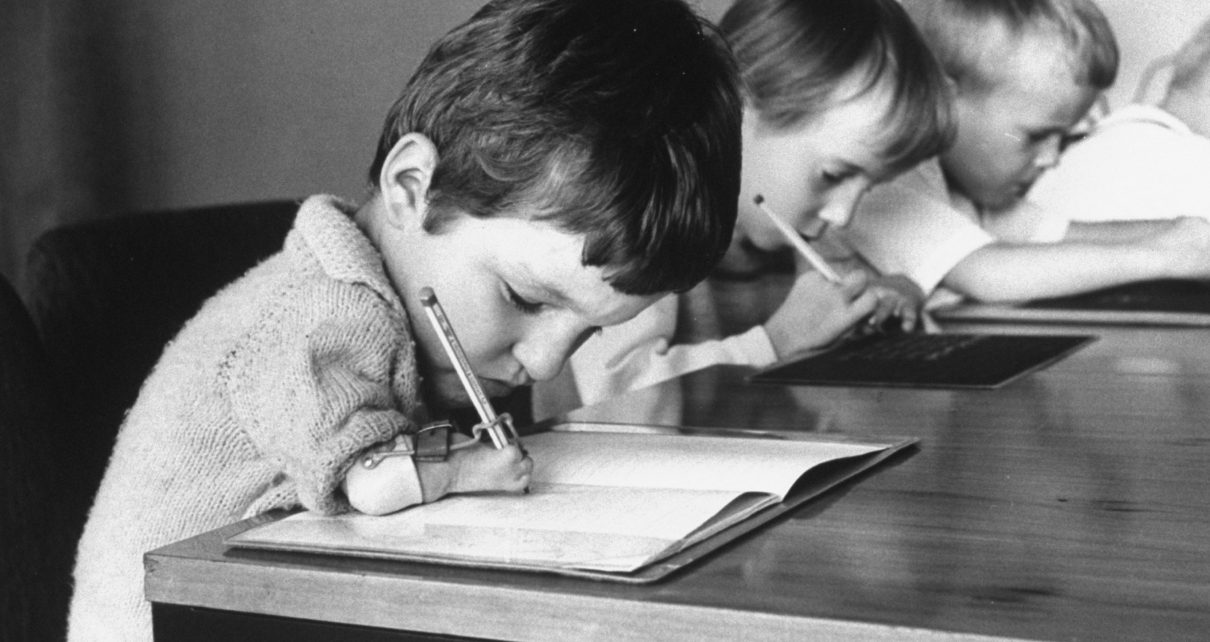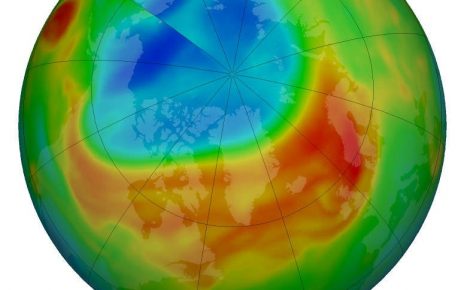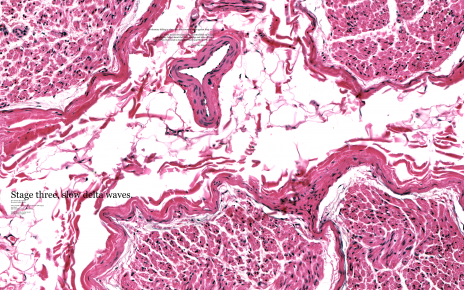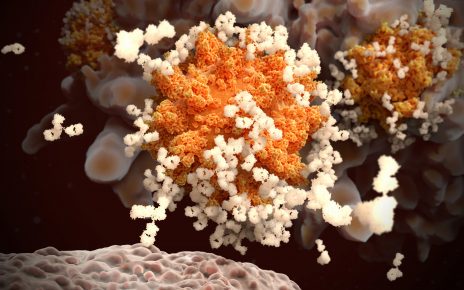It seems that science has lost, and politics won, in the battle against COVID-19 here in the United States. A recent Pew Research study reports that up to 25 percent of people surveyed see some truth to conspiracy theories saying that people deliberately planned the coronavirus outbreak that has now led to the demise of over 170,000 Americans.
As a physician, I have been frustrated by the turn in which this pandemic has taken. I have put on my PPE, feeling defeated by the revolt against masking and science. My initial instincts have been to be angry, but it is apparent divisiveness has not been productive. So, instead I have tried to take a step back and consider why this mistrust exists. How has it that those that were once seen as the experts have now, to some, become pawns in a story about biological warfare? Or part of a ploy to shift economics?
In some ways, I can see how a failure to communicate came to be. Public communication was never a part of my curriculum in all my years of schooling. For so long, I never considered advocacy of modern medicine and science as part of my daily work. Instead I have gone along in my career naively assuming everyone sees science the way I do—as the closest thing to understanding how things work at any given point in time.
Perhaps we could have done better in the beginning by being overly transparent that research around this novel virus would take a significant amount of time, and additionally longer to validate findings. We should have spent more time explaining that science is not so much a collection of facts as it is a method of study; that any hypothesis would need to be proven or disproven consistently, and that more evidence could lead to further evolutions in care. A quote attributed to French scientist-philosopher Blaise Pascal says it best: “There is no such thing as the truth, we can only deliver the best available evidence and calculate a probability.”
Today, new medications and vaccines endure trial after trial before we deem it safe to enter masses of human bodies. But why wait when we are in such dire straits when it comes to this pandemic? Why can’t we use the vaccine Russia claims to have developed? What is the harm in trying “harmless” drugs to see if they work?
We can use history to explain why. For example, thalidomide was released in the 1950s, marketed as a “miracle drug” for morning sickness. The medication’s impact on fetuses was never well investigated prior to widespread use, resulting in a devastating number of fetal deaths and physical anomalies that could have been avoided.
Since then we have become progressively more stringent in our drug and vaccine approval processes. AZT, the first antiviral drug to treat HIV/AIDS during the epidemic in the 1980s, was “fast-tracked” for FDA approval—which still took a record 20 months. We have not even made it 12 months into the COVID-19 pandemic reaching American soil, so it is not unreasonable that a vaccine has not been approved. If we are lucky enough to have a vaccine by early 2021, we will be on a faster track than any other normal processes.
The issue is that the world is anxiously watching and waiting for answers. So, communication on process and progress is key. However, where social media should have been our friend in disseminating truth and communicating processes, it’s become clear that there are others who know how to use it better. Now we are scrambling to figure out how to battle untruths being spread faster than we can keep up. To be sure, there are many disease experts that are breaking into the “influencer” market, but there are not enough. So, health care workers and scientists now hustle to play both offense and defense, too distracted to play both roles well.
Failure in public education shouldn’t have ever been an option, because the outcome of this failure is tragedy. Coronavirus deaths in the United States now account for over 20 percent of the total worldwide deaths recorded and health disparities have been further augmented by the pandemic, demonstrated by the disproportionate impact of COVID-19 on African American, Latinx and Native American communities.
I can only hope that the experts can one day become the experts again, supported and given the platform they need to educate the American public.




